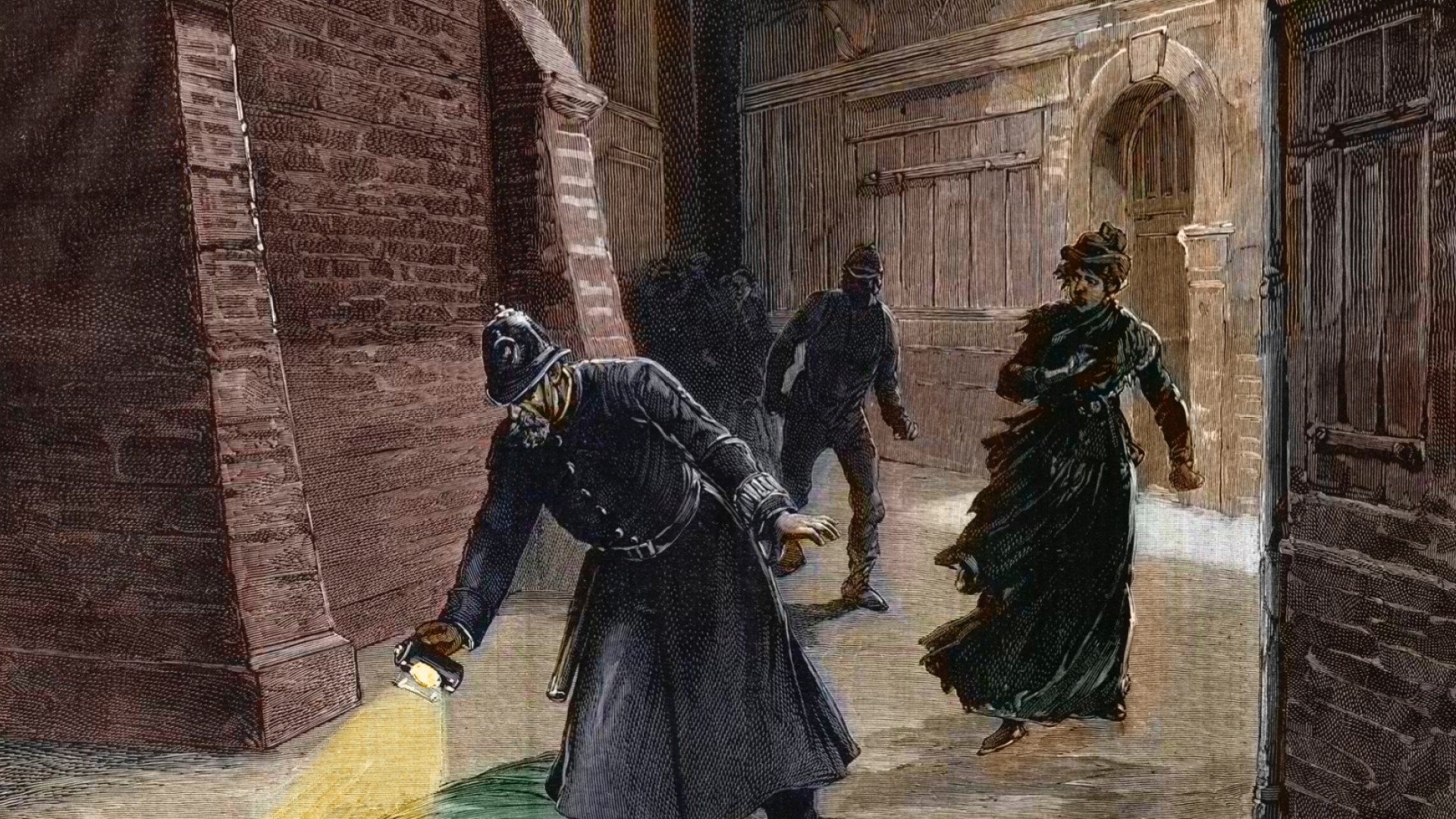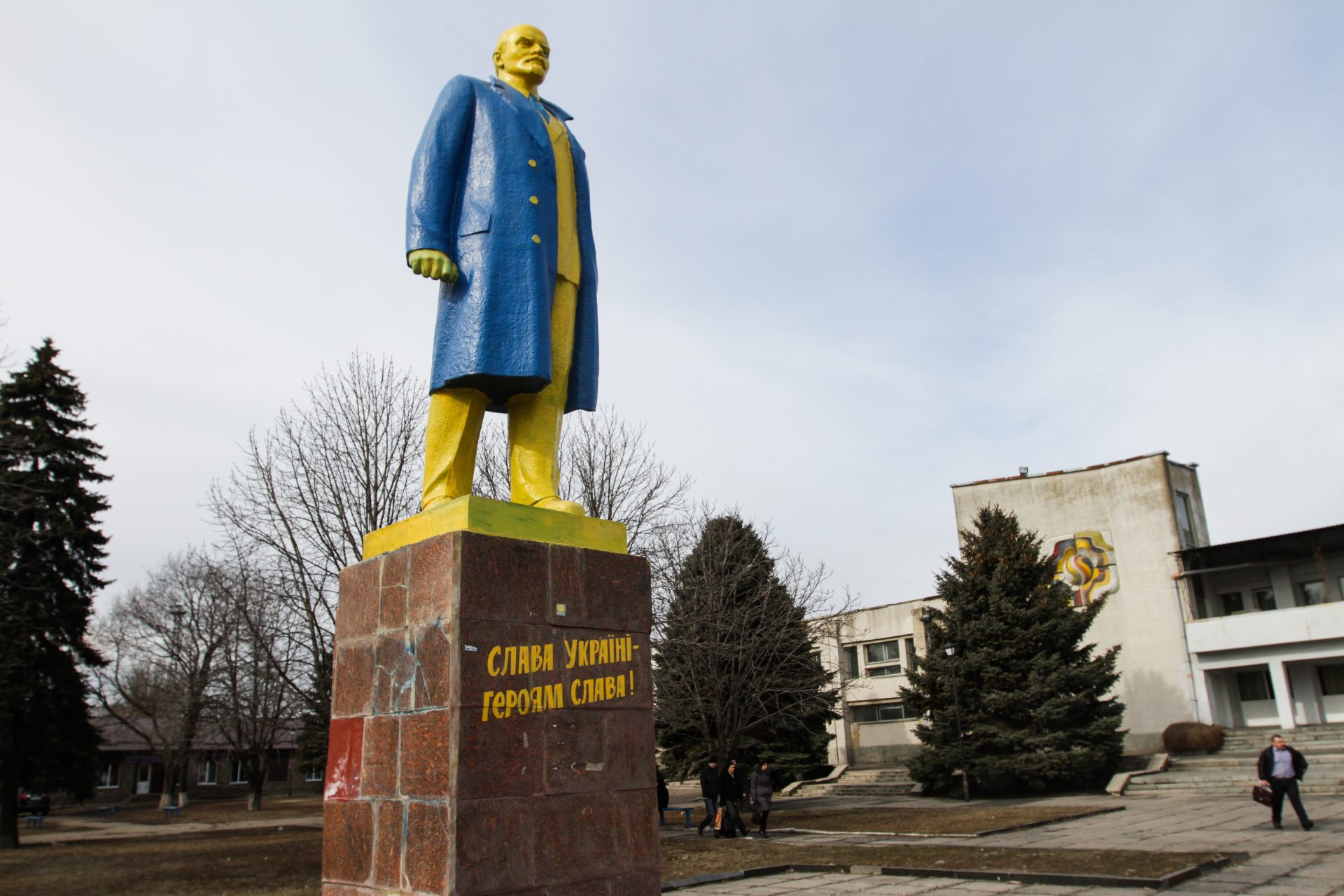Science might have finally unmasked who Jack the Ripper was
Long before Jeffrey Dahmer, Ted Bundy, or Ed Gein, a shadowy figure stalked the streets of Victorian London: Jack The Ripper.
Jack the Ripper is someone that needs no introduction, regardless of the fact that we don’t know who he was. However, science seems to finally shed light on who the mysterious serial killer that terrorized the streets of Victorian London was.
Here are the facts: Between 1888 and 1891, a mysterious figure terrorized the East London district of Whitechapel, targeting women of the night. In total, at least five victims have been attributed to Jack the Ripper.
Many experts regard Jack the Ripper as the first modern serial killer. He hunted down and slayed his victims in a methodical yet ruthless manner, removing their organs with such surgical expertise that has led many to believe that he was probably a surgeon or a professional butcher.
Criminology was at its infancy and the London Police were overwhelmed by the series of murders, something never unheard at the time.
The media frenzy surrounding Jack the Ripper and the supposed letters from the killers helped to cement its mythos into folklore and pop culture.
130 years later, forensic science has gone a long way from only depending on fingerprints, witnesses, and a lot of sheer luck. However, Ripper researcher Russell Edwards seems to have cracked the case.
Ever since the first killings in 1888, all sorts of theories have been thrown around about who could be the killer. One of the most outlandish suspects was Prince Victor Albert, the grandson of Queen Victoria.
Another common conspiracy theory is that there wasn’t one Jack the Ripper, but that it was either used as a persona to hide a group of Freemasons or that Freemasons covered the crime to protect one of their own.
Using DNA from the shawl of one of the victims, researcher Garrett Edwards claim that Jack the Ripper was a Jewish Polish immigrant by the name of Aaron Kosminski.
Kosminski was one of the main suspects at the time. He worked as a barber in Whitechapel, meaning that he knew the area and how to use knives and razors.
Image: danielcgold / Unsplash
Kosminski was also committed to a mental asylum in 1891 until his death in 1919, which would explain why Jack the Ripper suddenly stopped his reign of terror.
The Express explains the theory pushed by Edwards in his new book: Kosminski evaded justice with the help of his brother, who allegedly was a prominent member of the Lodge of Israel, a masonic organization founded by Jewish immigrants in London.
So, was Aaron Kosminski Jack the Ripper? Many experts have rebutted Edwards’s findings, cataloging his analysis as “strenuous” and his theory riddled with holes.
According to Science magazine, critics claim that the evidence is not strong enough. They cite the lack of transparency provided to Edwards in his analysis, which supposedly compared blood and semen from a shawl found next to a victim with samples provided by a descendant of Kosminski.
Edwards has not revealed the full original data of the DNA analysis, but experts point out he’s using mitochondrial DNA. This is inherited from the mother, to confirm the identities of both the victim and Kosminski, which is shared by thousands of individuals and not recommended to be used to identify individuals.
Finally, Science magazine points out that it’s not clear the shawl was ever in the crime scene, since it was supposedly removed from a police constable and privately acquired by Edwards. In the meantime, it could have been contaminated.
It’s very likely that, as the years pass by, we will never know the identity of Jack the Ripper. One thing is certain, though, everyone loves to take a stab at a mystery.
More for you
Top Stories































